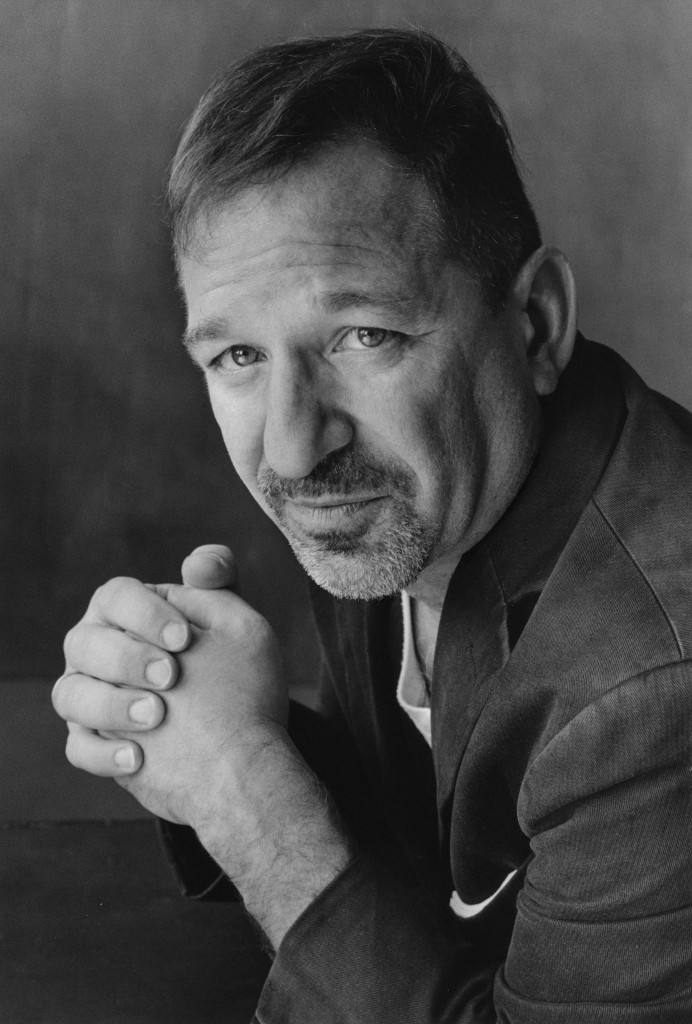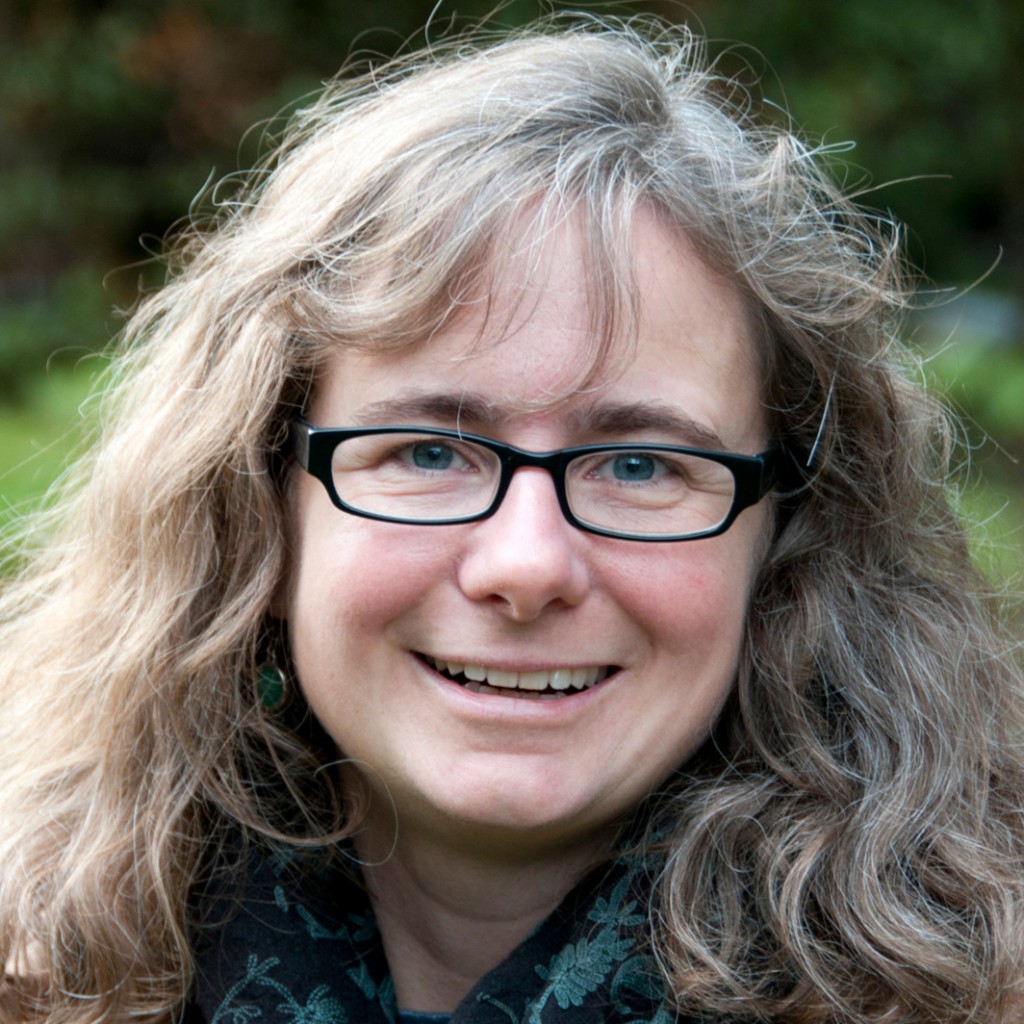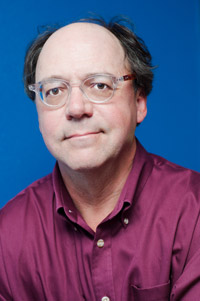Page 90 • (1,401 results in 0.028 seconds)
-
Exhibit Overview This exhibit highlights resources for exploring the south Puget Sound indigenous Salish family of languages, including Twulshootseed. As the PLU land acknowledgement notes, “PLU is on the traditional lands of the Nisqually, Puyallup, Squaxin Island and Steilacoom peoples; we acknowledge and respect the…
conversations regarding how non-Indigenous people can support Indigenous sovereignty and advocate for land repatriation. Yet the historical and anthropological facts demonstrate that many contemporary land acknowledgments unintentionally communicate false ideas about the history of dispossession and the current realities of American Indians and Alaska Natives. And those ideas can have detrimental consequences for Indigenous peoples and nations.” ———- Wilkes, R., Duong, A., Kesler, L., & Ramos, H. (2017
-
Originally Published in 2014 Sometimes being sick isn’t all it’s cracked up to be. In fact, what it means to be sick —or to be healthy for that matter— might surprise us. As the growing field of Religion and Healing shows, our understanding of what…
earliest days of the Jesus movement to the contemporary era. As these courses make clear, sources of illness, approaches to healing, and ways of making sense of death have changed in the history of Christianity. Biblical narratives of Jesus healing the sick, the lives of medieval saints known for their miracle cures, religious orders that founded hospitals and missions for the poor, Pentecostal faith workers, twenty-first century support groups for recovery from addiction; all understand wellness and
-
SOCW 101 : Introduction to Social Work and Social Welfare - ES An introduction to human need and the field of social work.
emphasize political process and global social change in the development of the American welfare state and the profession of social work. Students reflect critically up on the development of social and political policies historically. Students also develop legislative policy practice and advocacy skills and examine the impact of policy implementation, administration, and governmental structure on services to vulnerable populations. Critical thinking is used to analyze contemporary policy in income
-
Important text: None Major holidays: Human Light Major figures in this tradition: Enlightenment Scholars, scientists Place of worship: None Brief Summary: Humanists believe in the importance of
Brief Summary: Humanists believe in the importance of treating others well, without believing that one needs a religious reason to do so. The history of Humanism stems from different social figures arriving at or building on similar conclusions, including the Lokayata and Carvaka, Epicurus, and Enlightenment thinkers. They don’t prioritize faith in information without investigating it. Instead, they assess information using tools like the scientific method or rational thought. Modern day humanists
-

The Innovation Studies program is excited to welcome Professor Junichi Tsuneoka as incoming director of the Innovation Studies minor. Professor Tsuneoka teaches design theory and practice in the Department of Communication, Media, and Design Arts at PLU. His professional work includes design projects for Nike,…
design work and process. You can reach Professor Tsuneoka at jtsuneoka@plu.edu. Research and Teaching Interests Prof. Halvorson: Where did you attend college? Can you share a few research or professional interests with us? Prof. Tsuneoka: I graduated from Waseda University in Tokyo with an English Literature degree, and then I came to Seattle to study graphic design. I graduated from Cornish College of the Arts (Seattle) in 2002. Since then, I have done a lot of design work for corporate advertising
-

The Innovation Studies program is excited to welcome Professor Junichi Tsuneoka as incoming director of the Innovation Studies minor. Professor Tsuneoka teaches design theory and practice in the Department of Communication, Media, and Design Arts at PLU. His professional work includes design projects for Nike,…
and process. You can reach Professor Tsuneoka at jtsuneoka@plu.edu. Research and Teaching Interests Prof. Halvorson: Where did you attend college? Can you share a few research or professional interests with us? Prof. Tsuneoka: I graduated from Waseda University in Tokyo with an English Literature degree, and then I came to Seattle to study graphic design. I graduated from Cornish College of the Arts (Seattle) in 2002. Since then, I have done a lot of design work for corporate advertising clients
-

Poetry | MFA in Creative Writing - Low Residency | David Biespiel is a contributing writer at The Rumpus, Partisan, American Poetry Review, Politico, New Republic, Slate, Poetry, and The New York Times, among other publications. He is the author of numerous books of poetry, most recently Charming Gardeners and The Book of Men and Women, which was chosen one of the Best Books of the Year by the Poetry Foundation and received the Stafford/Hall Award for Poetry. His books of essays include A Long High Whistle: Selected Columns on Poetry and a book on creativity, Every Writer Has a Thousand Faces. He is a member of the board of directors of the National Book Critics Circle. Recipient of Lannan, National Endowment for the Arts, and Stegner fellowships, he has taught at Stanford University, University of Maryland, George Washington University, Portland State University, and Wake Forest University, in addition to other colleges and universities. He is a longtime faculty member in the School of Writing, Literature, and Film at Oregon State University and is the founder of the Attic Institute of Arts and Letters in Portland. Mentor.
faculty member in the School of Writing, Literature, and Film at Oregon State University and is the founder of the Attic Institute of Arts and Letters in Portland. Mentor. Workshops and classes in poetry. Statement: “Every society we’ve ever known has had poetry, and should the day come that poetry suddenly disappears in the morning, someone, somewhere, will reinvent it by evening. Since ancient times, as long as we’ve had language, poetry has ritualized human life. It has dramatized and informed us
-

Nonfiction | MFA in Creative Writing - Low Residency | Wendy Call (she/her) is the co-editor of the craft anthology Telling True Stories: A Nonfiction Writers’ Guide (Penguin, 2007) and the new annual Best Literary Translations (Deep Vellum, 2024).
simply helping people discover what they already knew. I finally came to understand that’s what teaching creative writing is. My job as a writing mentor is to bring the toolbox, both literal and metaphorical. It might include kitchen utensils, glue stick and scissors, postcards, advertisements, original works of art, bottled scents, raw vegetables, or items from a recycle bin or thrift shop. It includes world literature, direct engagement with working writers, and concepts borrowed from linguistics
-

Montana native gets back to his roots in a new anthology on the West By JuliAnne Rose ’13 Inspired by the history of the West, Russell Rowland ’81 has made a career exploring Western identity. Partnered with long-time friend, Lynn Stegner, Rowland produced a new…
, Rowland lived in 12 different states across the country. Most recently, he lived in California for about 14 years, until moving back to his home state of Montana, where he teaches Creative Writing at Montana State University in Billings. “He’s a wonderfully loyal friend and extremely supportive,” Stegner said. “Really devoted to Western literature.” Read Previous Kurt Mayer provides a legacy of research Read Next Explore! retreat helps students understand vocation COMMENTS*Note: All comments are
-

By Taylor Lunka ’15 PLU Marketing & Communications Student Worker TACOMA, Wash. (Nov. 7, 2014)—In 2005, two new professors in the Pacific Lutheran University English Department came up with an idea for the Visiting Writer Series (VWS). This year, the series celebrates its 10-year anniversary—with…
coming to campus. VWS was conceived and is co-directed by English professors Jason Skipper and Rick Barot. When both began teaching at PLU, they started the series as a way for authors to share experiences with their readers in person. “Literature can change you, and often it does,” said Skipper. “My hope was to create a Visiting Writer Series where at each event this was a possibility for everyone in the room.” Since the series began, famous writers such as Mary Oliver, Brian Teare and Peter Geye
Do you have any feedback for us? If so, feel free to use our Feedback Form.


